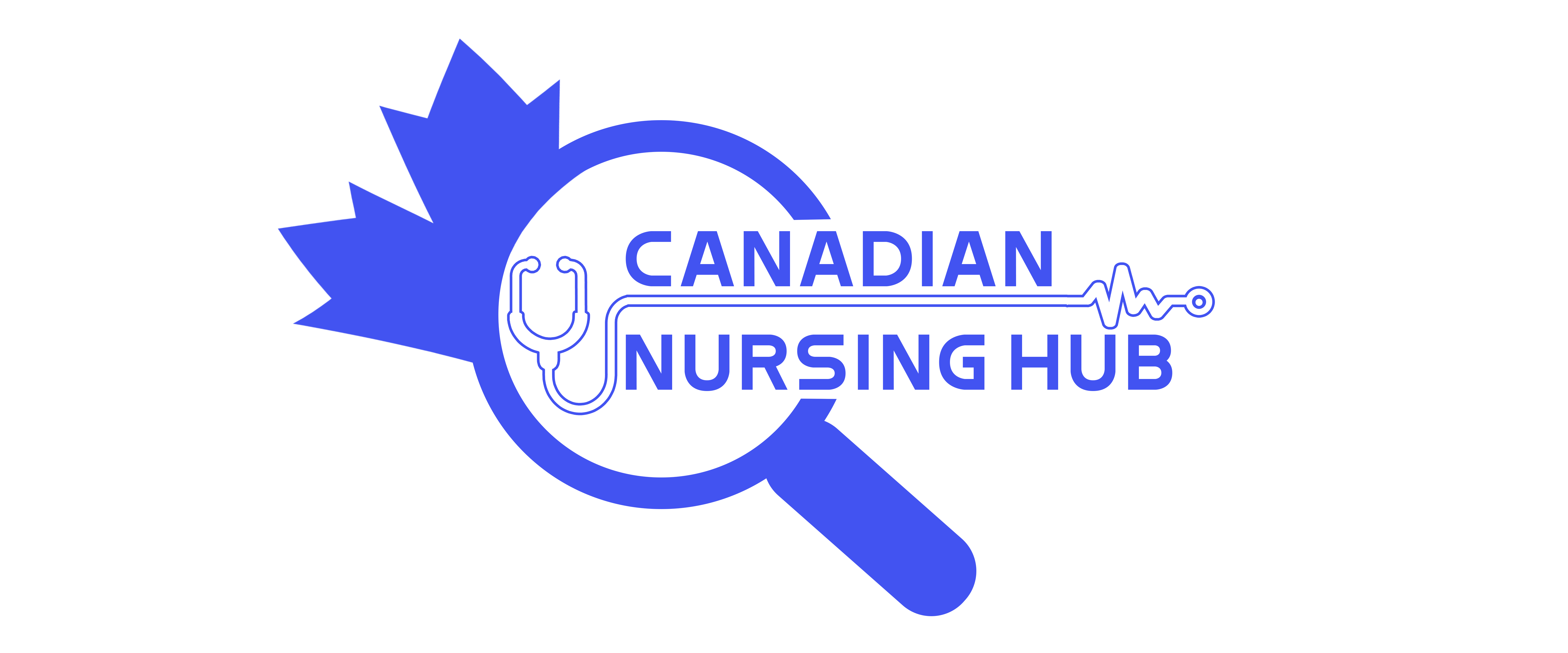- Communication Skills
- Critical Thinking
- Technical Competency
- Patient Education
- Cultural Competence
- Leadership Skills
- Emotional Intelligence
- Continuous Learning
- Adaptability
- Ethics and Professionalism
Here is an example that might help you effectively use these skills with your patients:
As a nurse at a hospital in Canada, Sarah encountered many patients with different medical conditions. However, one day, she met a patient admitted with a chronic respiratory disease. The patient was having trouble breathing and was visibly anxious and scared.
Knowing all the useful skills, Sarah started by introducing herself to the patient and their family members and established effective communication. She explained the care plan and answered all their questions, ensuring they understood the patient’s condition and the available treatment options.
Sarah then used her critical thinking skills to assess the patient’s condition and analyzed the data from the medical devices to make informed treatment decisions. She used her technical competency to update the patient’s medical history and documented the interventions she provided in the electronic health record.

Understanding the patient’s unique cultural needs, Sarah showed cultural competence by respecting their beliefs and practices. She collaborated with other healthcare professionals, including respiratory therapists and physicians, to provide comprehensive care to the patient.
Sarah demonstrated emotional intelligence by showing empathy and kindness to the patient and their family members. She acknowledged their fears and offered reassurance, recognizing that the patient’s emotional well-being was as important as their physical health.
Sarah was committed to continuous learning and staying up to date with the latest advancements in respiratory care. She attended professional development workshops to improve her knowledge and skills, ensuring that she was providing the best care possible.
As the patient’s condition changed, Sarah adjusted the care plan based on their response, showing her adaptability. She changed the interventions to meet the patient’s evolving needs, ensuring they received the best possible care.
Finally, Sarah adhered to ethical and professional standards, maintained the patient’s confidentiality, and practiced with integrity and accountability. She ensured that the patient received the best possible care, positively impacting their health and well-being.
Sarah’s dedication and essential nursing skills helped her provide exceptional care to the patient, making a significant difference in their life. Her story is a testament to the importance of critical nursing skills in providing the best care possible to patients.





